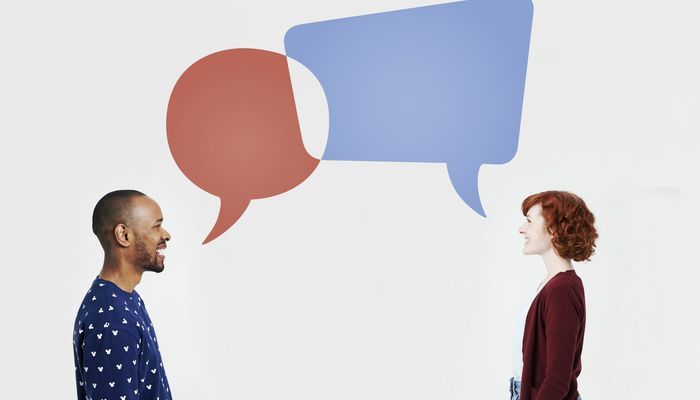Your voice is a valuable asset. It gives you the ability to connect with others on a deep level and helps you communicate in a natural way. Yet we rarely develop our voice. Instead, it is beaten into us by years of negative experiences and societal pressures. It's time to stop taking it for granted.

It might seem like an easy task, but I assure you it isn't. Developing your voice takes effort and practice.
My goal is to help you find your authentic voice so you can connect with the people around you in a way that leaves them wanting more from you. To build stronger relationships.
In this video, I'll walk you through the steps of developing your voice. We'll cover everything from learning to identify your personal voice style and communicating in a more powerful way. I'll also share practical tools and techniques I use with my own clients to get their voice out loud.
This video contains strategies for:
Identifying your voice style and building rapport
Identifying your natural language patterns
Building rapport through non-verbal communication
Using your voice to create a powerful presence
Using your voice to create a powerful conversation
Communicating effectively in conversations and in writing
Creating powerful messages in presentations
Communicating in group settings
Communicating across cultures
Writing with impact
Becoming a leader
Dealing with the power struggles and challenges of being the only woman in the room
Managing people
This training is perfect for anyone looking to develop their voice and create more effective relationships. Professionals and amateur communicators alike.
Step 1: Identify Your Personality
In order to develop your voice, you first need to understand your personality. In other words, how does your personality affect how you approach communicating?
In the early days of my career, I focused on improving my writing abilities. But even though I was good at most things, I found myself consistently struggling with getting people to listen to me.
I realized it wasn't my writing skills that were the issue. It was my personality. When I got nervous, I spoke too fast and sounded abrupt. And I often struggled to express myself clearly.
I had to shift my focus to identifying my personality traits. I didn't want to just try and be a writer. I wanted to be a writer with a strong personality.
To do this, I worked with a coach who helped me understand what my personality traits were. Then, we looked at the impact they were having in my communication and how I could improve it.
By the end of our sessions, I felt confident in my ability to express myself. Now, when I approach someone, I don't feel nervous. I know exactly how to communicate effectively.
Step 2: Understand Your Own Language Patterns
Once you understand your personality, you need to learn to adapt your language and communication styles. This is known as developing your voice style.